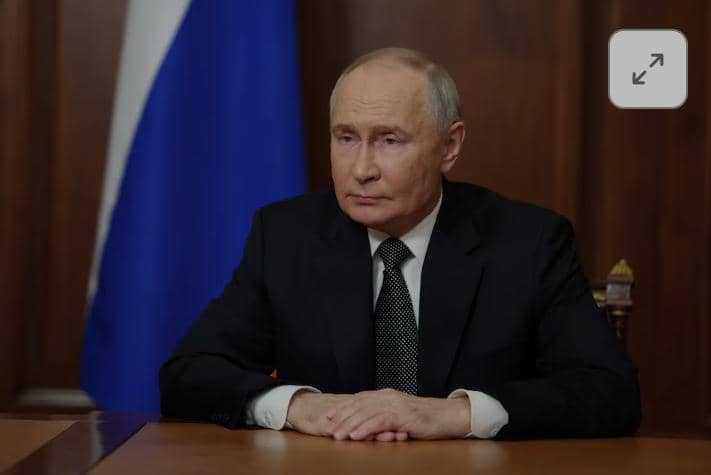
Reuters- Vladimir Putin's hypersonic missile carried a simple message to the West over Ukraine: back off, and if you don't, Russia reserves the right to hit U.S. and British military facilities.
Russia fired a new intermediate-range hypersonic ballistic missile known as "Oreshnik", or Hazel Tree, at Ukraine on Thursday in what Putin said was a direct response to strikes on Russia by Ukrainian forces with U.S. and British missiles.
In a special statement from the Kremlin just after 8 p.m. in Moscow that day, the Russian president said the war was escalating towards a global conflict, though he avoided any nuclear rhetoric.
Putin has also refrained, so far, from actually striking the West, a step that could lead to a direct confrontation between Russia and the NATO alliance - and a confrontation that U.S. President Joe Biden said in March 2022 would be World War III.
In his statement, the Kremlin chief gave the West notice that Russia reserved the right to strike at the military installations of countries that let Ukraine use their missiles to hit Russia - so far only the United States and Britain.
"Putin is saying to the West stop - halt - back off," Sergei Markov, a former Kremlin adviser, told Reuters.
"The signal Putin is sending to the world is that we consider these strikes as the direct entry of the United States and Britain into a war against Russia," he said. "But we are not responding with all our might right now because these strikes against Russia will not change the outcome of the war."
A Russian source who spoke on condition of anonymity due to the sensitivity of the situation said Putin had hinted that he wanted to steer clear of escalation, though the odds of Russia using nuclear weapons remained pretty high.
The source did not clarify whether he was talking about tactical battlefield weapons or long-range nuclear missiles.
NUCLEAR THRESHOLD
President Biden dropped his opposition to Ukraine firing U.S. missiles at targets deep inside Russia in response to North Korea's entry to the war, a shift in U.S. policy that took on added urgency following Donald Trump's Nov. 5 election win, sources familiar with the matter told Reuters on Thursday.
Related Stories
The decision could help to "Trump-proof" parts of Biden's Ukraine agenda by strengthening Kyiv's position in case it loses U.S. support, one of the sources said.
Russian officials cast the move by Biden as a reckless decision by a lame-duck outgoing administration aimed at creating a serious crisis for Trump to resolve when he is inaugurated as president in January.
That puts Putin in a difficult position: if he escalates now, he could stoke just such a crisis. But if he doesn't, then the West could interpret him as weak and keep pushing through clear Russian red lines.
When Putin warned in September that Russia would update its nuclear doctrine to allow potentially a nuclear response to the use of conventional Western missiles to strike Russia, U.S. Secretary of State Anthony Blinken said it was not the first time he had "rattled the nuclear sabre".
The day Ukraine fired U.S.-made ATACMS missiles deep into Russian territory, Putin approved the lowering of the nuclear threshold flagged two months earlier.
After Putin lowered the threshold, the Pentagon said that the United States had not changed its nuclear posture - or observed a change in Russia's nuclear posture.
The Pentagon and Britain's Ministry of Defence did not immediately respond to questions about whether they had changed any security postures in response to Putin's threat to attack their military installations.
When asked what the main message of Putin's statement was, Kremlin spokesman Dmitry Peskov said on Friday that the key thing was that Russia will react to "reckless actions" from Western countries which take part in strikes on Russia.
"The Russian side has clearly demonstrated its capabilities, and the contours of further retaliatory actions in case our concerns are not taken into account are clearly outlined," he said.
Besides warning that U.S. and British military facilities could be targeted, Putin said Washington's plans to deploy short- and intermediate-range missiles in Europe and Asia could prompt Moscow to do the same - bringing its firepower within closer striking range of the West.
"Putin is clearly signalling increased reliance on strategic weapons - including nuclear and longer-range missiles - to push the U.S. and NATO to stop its support for Ukraine," said Jon Wolfsthal, a former special assistant to President Barack Obama and now director of global risk at the Federation of American Scientists.
"I don't think he has any intention to go nuclear in a war he is winning, but he appears to want us to worry a lot, perhaps to make it easier for Trump to cut and run," he said.











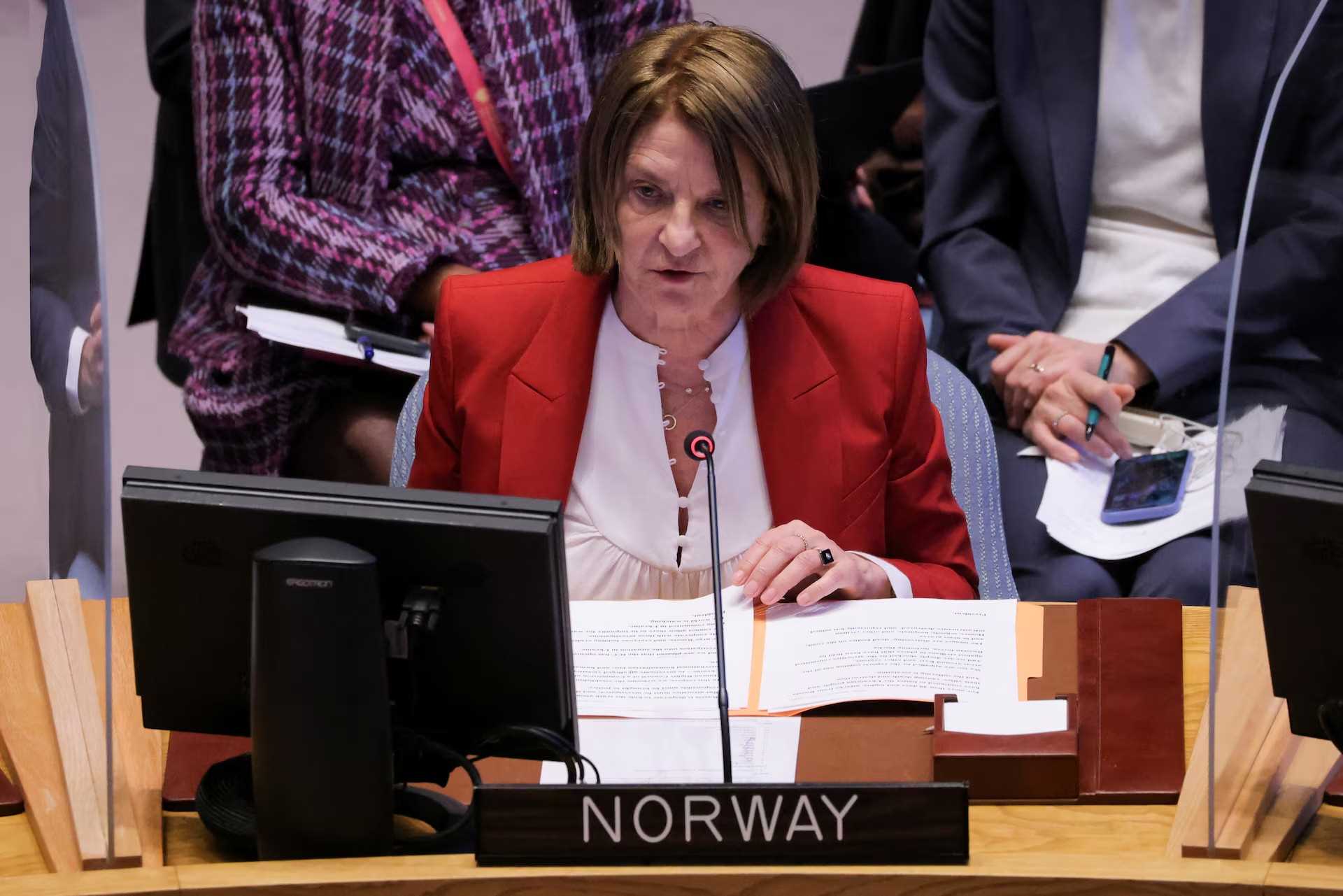



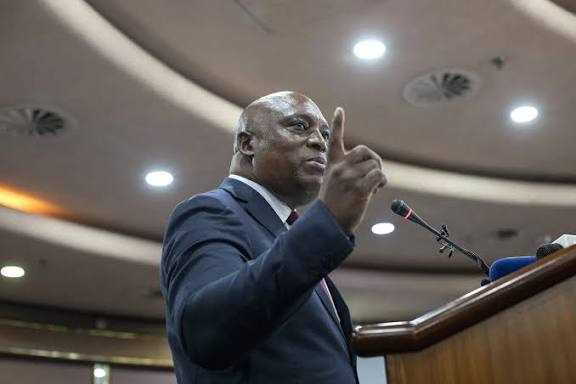
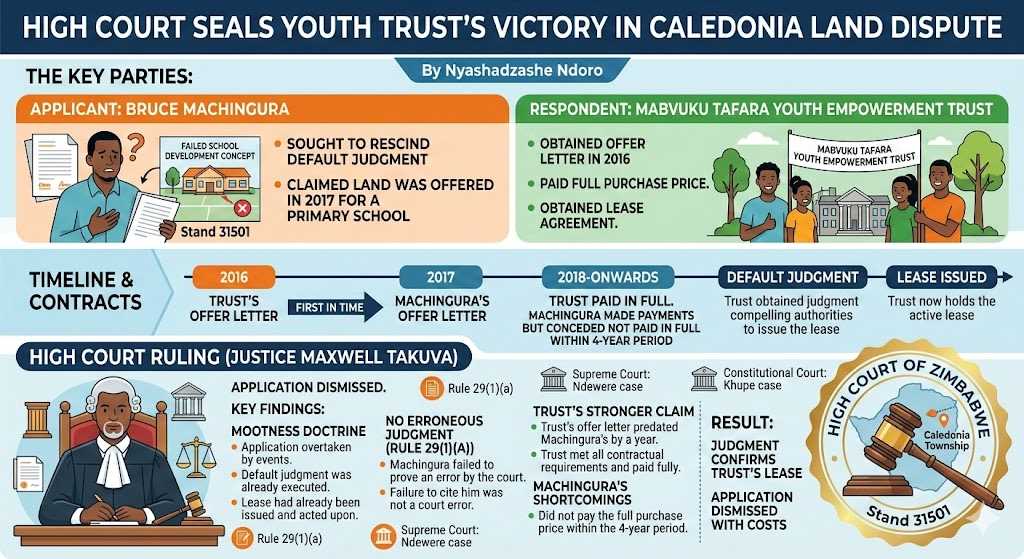
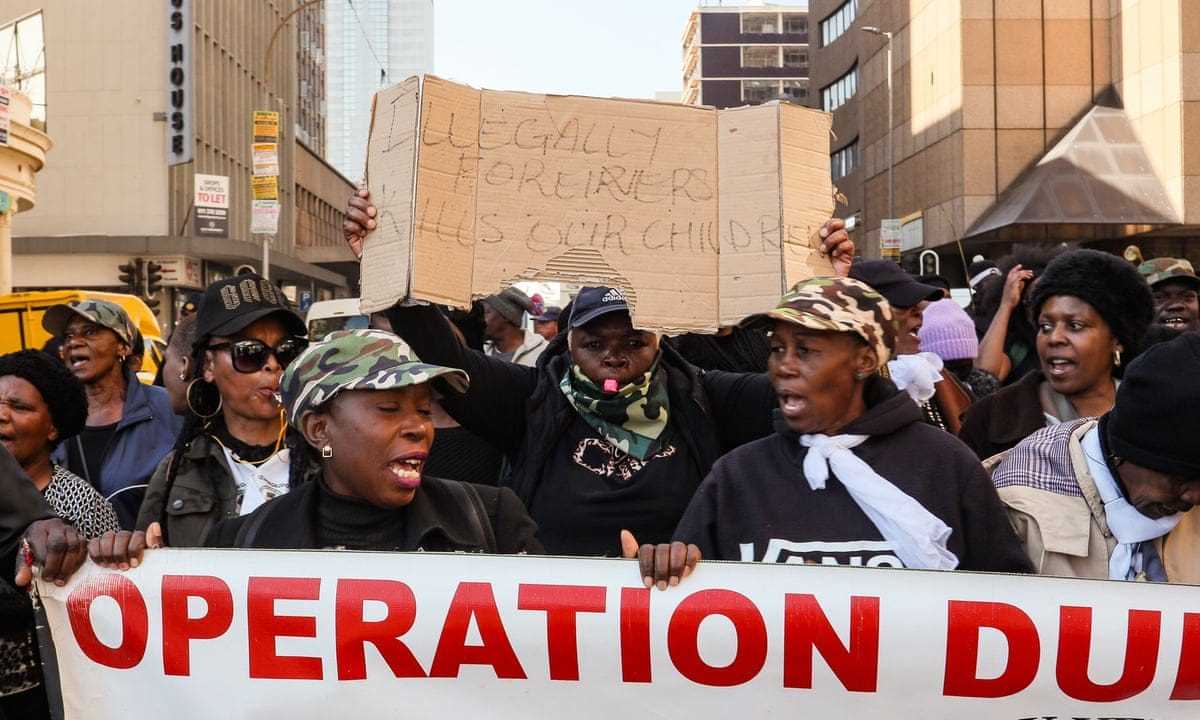


Leave Comments